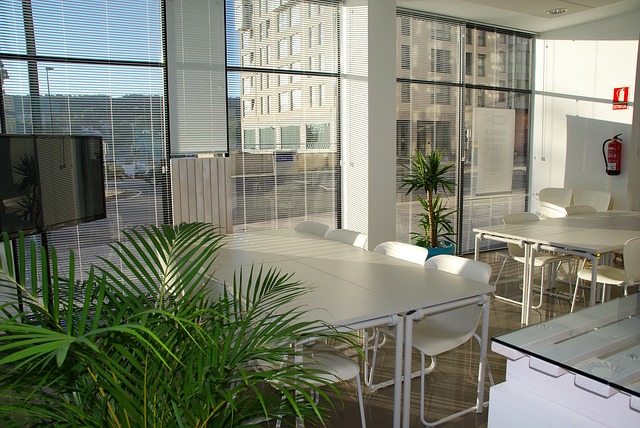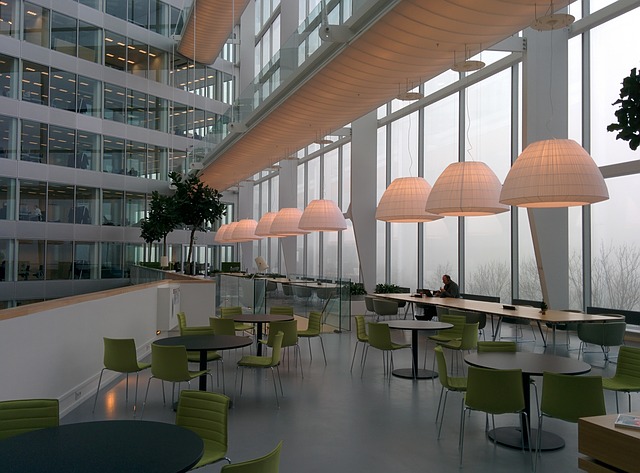Co-working space seems to be sprouting up all over cities in Africa. It would be hard to imagine how people made do without them about a decade ago when there weren’t any! Especially startup companies and entrepreneurs on a shoestring budget.
Co-working spaces have really redefined our perception of office work, and the cost associated with it. Most cities and town across Africa are experiencing a surging population, leading up to real estate market boom. Property prices and rental commercial office space are increasingly becoming expensive. Leaving small and medium enterprises (SMEs), especially those in the startup stage and without a financier with deep pockets, find the cost of renting out an entire office space out of reach. Not to mention the crowding out effect from bigger and well-established corporation. Landlord prefers leasing or renting out to financially sound companies.
The main market for Co-Working Space
There is a growing number of freelancers around the world. As work become more and more digital, companies are finding it cost effective to outsource some of their non-crucial tasks to outsiders. The freelance market is poised to grow even further in the future, as companies now let some of their employees work remotely.
It would be convenient for freelancers and employees working remotely to work from home. However, the affordable co-working space is more ideal as it has a professional ambience for work, and more importantly. Freelancers get to interact with fellow freelancers where they can share ideas and help each other out creating a teamwork spirit.

Co-working space allow the freelancers work in a professional environment without worrying about paying the exorbitant and sometimes extortionate rent charged on office spaces. Freelancers are also likely to get access to office equipment such as printers, stationery, and better Wi-Fi connection since they share the cost.
Other Benefits of Co-Working Spaces
There are co-working spaces that act as incubation and acceleration hubs to startup companies. Giving mostly young and inexperienced entrepreneur the mentorship and network needed to scale their product.
Co-working spaces also offer educational programs, sports and yoga classes, private conference rooms and refreshments supply. These are some of the things one need to develop mentally, physically, and spiritually on top of their financial development.

The idea of co-working space perhaps traces its roots to over a decade ago when a couple of freelancers, tired of working in their home office, decide to meet at a large communal table at a coffee shop. Where they will socialize and brainstorm on some ideas. Maybe then, one thought they could do the same, but in an office space where the co-share the rent, and if they could get more freelancers like them, the cost per individual will drop further.



